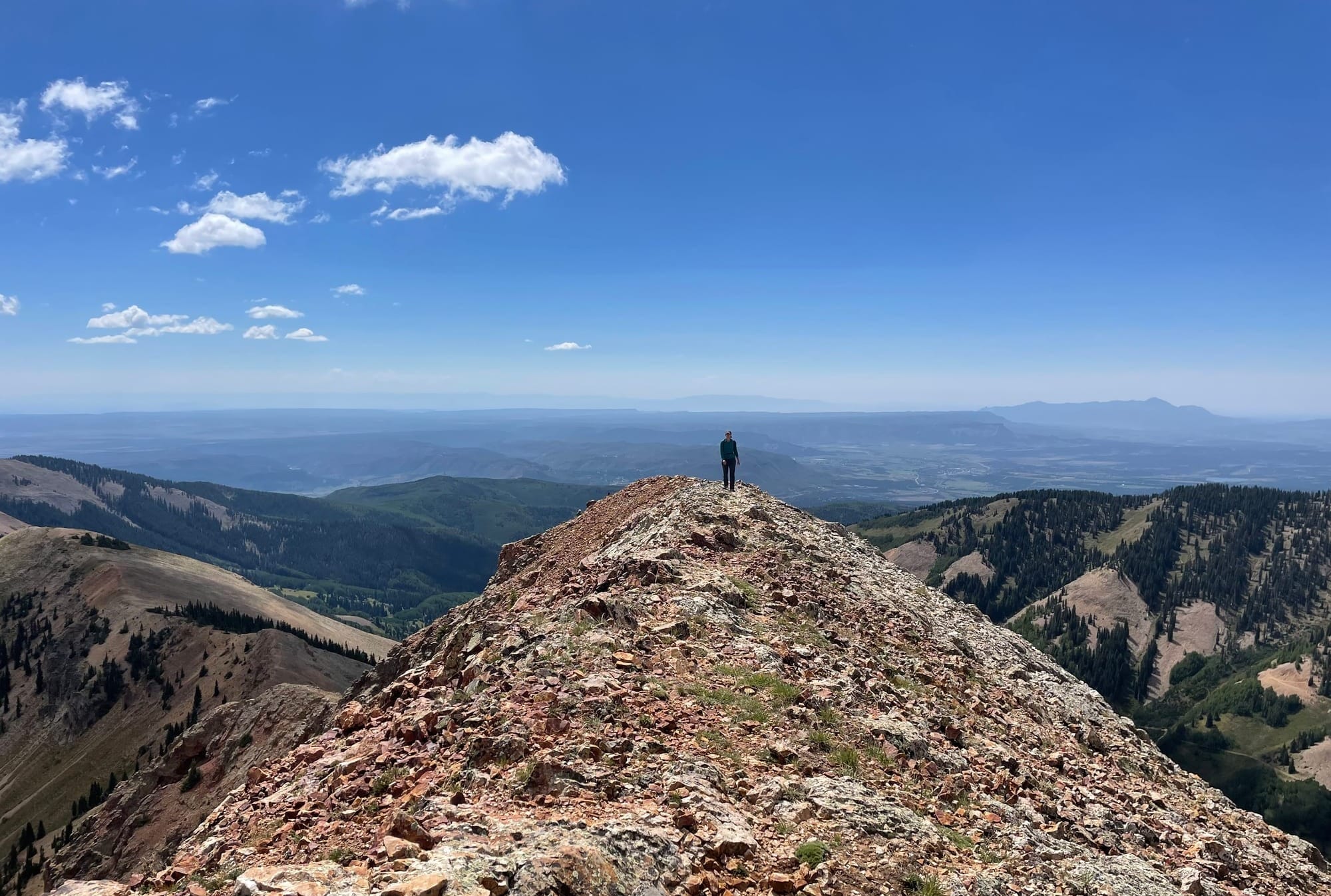Climb Your Everest
Countless hours have been spent debating what makes the ideal job i.e. is it whatever makes you the most happy or is it the one that can make you the most money? What about a job that fulfills you the most but pays you the least?

Countless hours have been spent debating what makes the ideal job i.e. is it whatever makes you the most happy or is it the one that can make you the most money? What about a job that fulfills you the most but pays you the least? If you're really good at a particular job, what reasons would there be for quitting? I've grappled with these questions my entire adult life. I can't say there are "correct" answers to these questions however, what I do know is that every decision has tradeoffs.
“There are no solutions, only trade-offs." - Thomas Sowell
Understand the Tradeoffs You're Making
I took a fairly significant pay cut to move from engineering to my new job in marketing. And I was glad to do it. Why? For starters, I had just spent the last 2.7 years working sporadically, so any full-time job would be a significant pay raise.
Perhaps more important though is that I hoped this job would bring me closer to what I want to do for the rest of my life (and arguably taps into an interest I've had since I was little.) I didn't consciously realize this hope until I was explaining my new job to an acquaintance and said,
"I feel like I'm a writer who became an engineer for practical reasons. And now I'm returning to myself and what I was meant to do."
Admittedly this statement caught me off guard because I hadn't thought of the job opportunity in quite those terms. Instead, I suspected the new job would make me happier than engineering because it would better capitalize on my signature strengths (and therefore come with less stress.) To that end, I decided I was okay with sacrificing money for happiness.
Mo' Money Mo' Problems
This is in stark contrast to the decisions I made when I was younger. The job I chose after college was solely based on money - which at that time, was the best decision for me because frankly, I was broke. Similarly, I moved to Houston because I received a job offer I felt I couldn't refuse even though I hated the city every time I visited. I abandoned my happy life in Atlanta for success and money.
There's no shame in prioritizing money (or success) when making a decision, however, it's important to be aware of the tradeoffs i.e. exactly what you're sacrificing. When you constantly prioritize making money over everything else (like I did), don't be surprised when you realize you're not very happy.
When I interviewed for an engineering job last December, I was offered more money than I've ever made. The caveat? They wanted me to move to Denver, to which I immediately declined. I wasn't willing to sacrifice my happiness - I wasn't willing to move away from the community I had built and the hobbies that I loved so much. I'd rather have less money and stay in Durango than uproot my life again. Most likely, the tradeoffs you're willing to make will change throughout your life.
Climbing the Right Hill
How many times have you asked someone how they ended up in their particular field and they say something like " I just fell into it"? I hear this all the time and I was also one of those people. It's the same reason I went to engineering school. Admittedly, I didn't even know what an engineer was, but I applied because I was told I could be good at it. And I was. But after 10+ years of engineering work, I realized that I could be really good at something and still not feel fulfilled. I think this is true for most people.
We fall victim to the allure of climbing a hill that, while challenging, may not lead to the desired destination. Chris Dixon describes this brilliantly in a blog post entitled "Climbing the wrong hill" where he explains that too often we spend (read: waste) so much of our lifetime working or achieving something that we really didn't care to achieve in the first place. Certain personality types e.g. ambitious people are motivated to become good at whatever is put in front of them. But often, the path that you set out on right after college is completely random.
His advice for a young person is to try several different things; resist the urge to stay on the first path you landed on when you were 18 just because that's where you started.
Understand that when you spend time climbing a molehill, it's taking precious time away from you climbing your Everest.
I've been wondering recently how different my life would be if I had abandoned engineering sooner; or if I had been encouraged to pursue my passion for writing earlier in my life. You might think this a fruitless thought exercise however, I think it motivates me to work harder at writing, as if to "make up for lost time." It also makes me feel grateful for making the choice now instead of 10 years from now, or possibly never.
Wherever you are on your quest for world domination. . . er I mean finding your passion, I hope you realize you have a choice in everything you do. Choose wisely. Choose deliberately. Understand the reasoning and tradeoffs for every important decision that you make. Beware of the fallacy of "having it all" and "doing it all." Make sure the life you're living is of your own doing.
"If you don't prioritize your life, someone else will." - Greg McKeown
